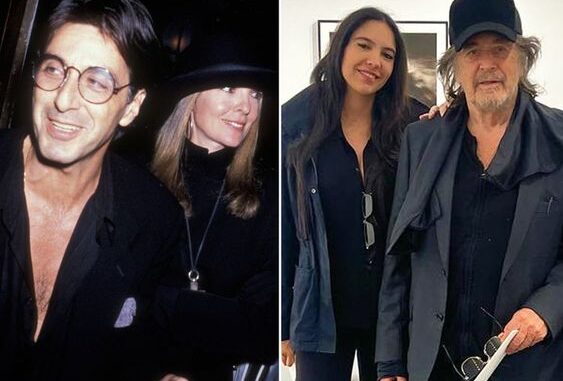
Al Pacino discusses the cultural importance of ‘Scarface’

As one of the most successful Hollywood actors of all time, Al Pacino has appeared in his fair share of astonishing feature films. After an early role as a heroin addict in The Panic At Needle Park brought the actor to the attention of Francis Ford Coppola, he landed one of his defining roles as Michael Corleone in The Godfather series. Pacino was nominated for ‘Best Supporting Actor’ for his work, firmly cementing the actor as one of the industry’s most impressive young stars.
Pacino followed up his critically acclaimed performance with more highly praised roles in films such as Serpico and Dog Day Afternoon. The 1970s established Pacino as a Hollywood icon, consistently leading the movies in which he was cast. In 1983, the actor landed one of his most iconic roles besides The Godfather‘s Michael Corleone. Pacino starred as Tony Montana in Brian De Palma’s Scarface, which came to fruition after the actor saw the 1932 film of the same name and suggested the idea of a remake to his manager, the producer Martin Bregman.
Initially, Sidney Lumet, the man behind Dog Day Afternoon and other successful films such as 12 Angry Men and Network, signed on to direct. However, creative differences between the director and Bregman led Lumet to leave the project. With Oliver Stone hired to write and De Palma to direct, Scarface eventually began production, with Pacino insisting he played the leading role.
The film revelled in excess, depicting the rise and fall of a powerful drug lord obsessed with money, drugs, sex and violence. Upon its release, Scarface was negatively received and criticised for the sheer amount of violence that it featured, with many audiences believing that the film glorified brutality and drug consumption. Pacino played Tony Montana with such greatness that his character has become embedded in popular culture, inspiring the personas of many hip-hop artists, particularly during the genre’s rise, which coincided with the release of Scarface.
Not only was the gangster rap genre greatly influenced by the characters and themes displayed in Scarface, but so were real criminals, inspired by Tony’s transformation from poverty to luxury through a life of crime. Commenting on Scarface‘s cultural impact, Pacino told The Independent: “I look at Scarface, and I don’t see that as the metaphor. I see what Brian De Palma was talking about when we made it. It was the crazy Eighties, the decade of avarice, greed and introducing that into the world; greed is good and the whole thing from Gecko in Wall Street.”
He continued: “I thought it was a very socio-political statement, which is why rappers took to it. Hip-hop people were so buoyed up on Scarface. I know a lot of people who don’t deal drugs, who are inspired by it. It’s about a kind of ingenuity, suddenly coming from the bottom and rising, which is why the original was so inspiring for me. There is something else too that seems to trigger off a certain thing, and that is this sense of his ideals as an outsider.”
